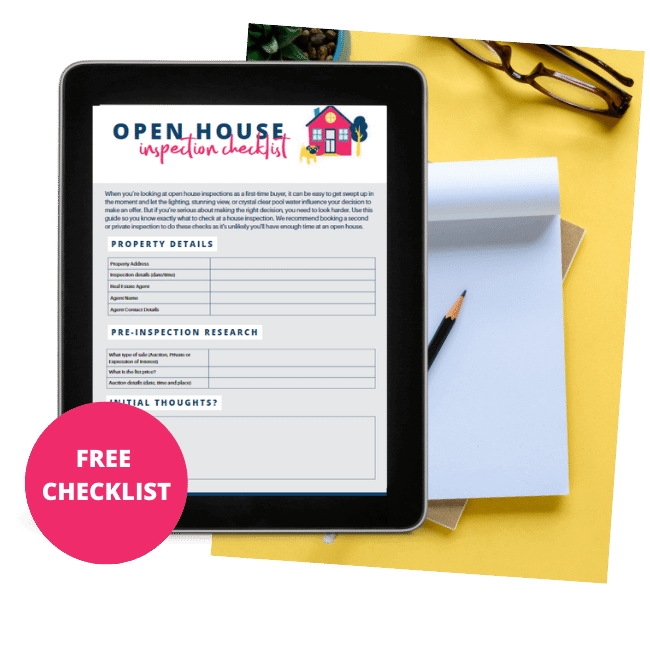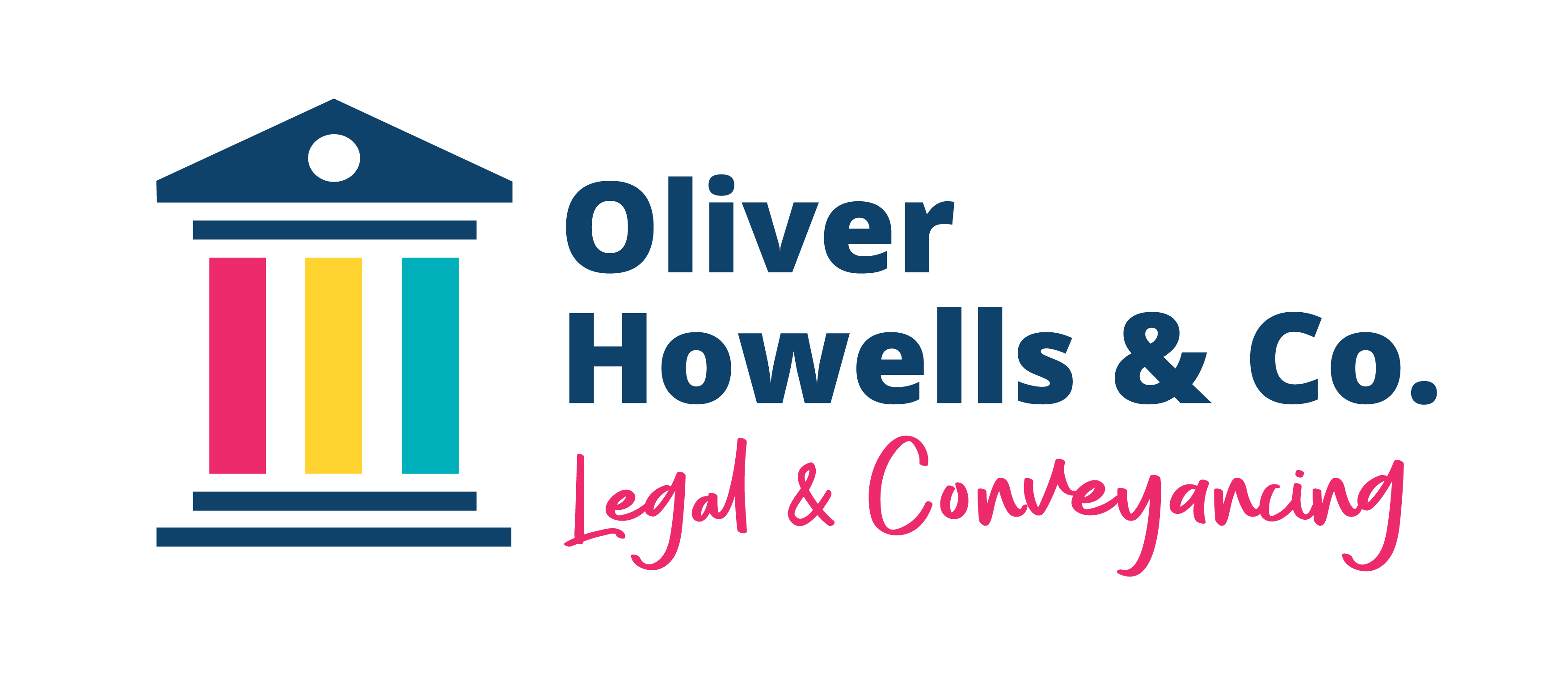
Preparing for Auction Day: A Home Buyer’s Guide
You’ve found the house of your dreams and can imagine living inside those walls. But it’s for sale by auction, and suddenly, you feel overwhelmed by the process. How does an auction even work? How will you bid on auction day? Can someone else bid for you? Many people find auction day to be daunting, fast-paced and overwhelming. But don’t worry; you’re not alone! In this post, we’ll help you familiarise yourself with a property auction and share tips on preparing and bidding for your dream home.
What is a property auction?
An auction is a public sale where potential buyers gather to bid for the property. Auctioneers licensed by the relevant state body will conduct the auction – giving all parties peace of mind that they will act honestly when conducting the sale.

On the day of the auction, the sellers (vendors) must set a reserve price, the minimum sale price they’re willing to accept. The price is kept confidential between the vendor and auctioneer – so, as a buyer, you won’t know the reserve price. Once the price has been met or exceeded the reserve price and there are no more bids, the auctioneer announces that the property is sold to the highest bidder, and the hammer falls.
Many sellers choose auctions over private treaty sales because they’re quicker. When you’ve got a property in high demand, the competitiveness and determination of the buyers to win may help sellers fetch a higher price.
However, auctions can be stressful, and there’s never a guarantee that the sellers will meet the reserve price or sell for a higher price than if they were to sell via private treaty.
Now that you know what an auction is, let’s get you ready to bid!
Start with your finances
There is no cooling-off period in NSW if you buy a property at auction. This means that if you’re the highest bidder on the day, you cannot back out as soon as that hammer falls.
That’s why you must ensure your finances are in order before you head to auction day.
Here’s what you’ll need:
- Your deposit (generally 10 – 20% of the purchase price) ready to go
- Your written home loan approval from your lender. We recommend ensuring that your approval is either ‘unconditional’ or is a ‘pre-approval’ with conditions capable of being met shortly after the auction day.
Don’t forget to tell your bank or broker you intend to bid at the auction so they can guide you appropriately.

Buying property without the above is risky business. If the property is sold to you on auction day and you can’t pay, your deposit will be forfeited to the vendor.
Contact your solicitor or conveyancer
A solicitor or conveyancer is a professional who deals with the legal side of buying and selling property. Many people make the mistake of engaging their conveyancer after they’ve made an offer and the sale contract is exchanged. This is too late! Imagine buying a property with restrictions like an easement preventing you from building your dream pool!
Instead, the earlier you contact your conveyancer, the better! They’ll undertake all the necessary title and property searches and conduct a pre-purchase review of the sale contract to ensure there are no nasty surprises if you’re the lucky buyer on the day.
Inspect the property
You should attend as many inspections of the property as possible before it is sold at auction. If you’re buying interstate, we recommend seeking the help of a family member or friend to inspect it on your behalf. Better yet, consider using a buyer’s agent who can help you in several ways, including inspecting the property and even bidding for you at the auction.
A buyer’s agent must hold a real estate agent’s license in the relevant state or have a Certificate of Registration, which allows them to work under the direction of a licensed agent. To help you determine if you should engage the services of a buyers agent, we recommend checking out Using a real estate agent to buy property on the NSW Fair Trading website. Here you’ll find a list of services they provide, the benefits of using a buyer’s agent and the questions you should ask to choose the right agent for you and your circumstances.
Organise building and pest
Just because you’re buying a property at auction doesn’t mean you should skip a building and pest inspection. It’s quite the opposite. Remember, there’s no backing out if you’re the highest bidder. You’ll want to ensure the property is in good condition without termites.

Whenever possible, get this independent building and pest inspection completed before auction day to ensure you’re protected and understand the condition of the property you’ll be bidding on.
A combined building, pest, and electrical inspection in the Hunter Valley will, on average, cost you between $460-$900, depending on the property size. But it’s worth it!
Familiarise yourself with the auction process
Going to a house auction can be intimidating and overwhelming. Be prepared for what’s to come by understanding how auction day will unfold.
Here’s a general rundown of what you can expect on auction day:
- A final inspection of the property
- Register with the auctioneer
- The auctioneer gives their opening address relating to the auction process and any specifications regarding the property
- Bidding starts
- The property is announced as ‘on the market’ once the reserve price set by the vendors has passed
- Bidding continues until it slows or comes to an end, in which case the auctioneer will confirm the most recent bid by shouting, ‘Going once…..twice, three times’
- The auctioneer will drop the hammer and yell ‘sold!’ then confirm the successful buyer
- The property is sold! The sale is then finalised between the buyer and the real estate agent.
The best way to feel more confident at your auction is to attend auctions prior. You’ll come to see how it all unfolds and familiarise yourself with what auction jargon like ‘reserve’ and ‘vendor bid’ means.
Register to bid
Different rules in each state and territory apply for registering to bid at an auction. In NSW, you must provide identification, including a driver’s licence and a letter of authority if you’re bidding on behalf of someone else. Check the rules for your state or territory by asking the agent or your solicitor/conveyancer.
Registration generally starts 30 mins before the auction at the auction rooms or property. But you can also register with the selling agent before the auction – like when you inspect the property. If you do pre-register, make sure to take proof of identity on the day.
The agent will collect your name, address and ID number in the Bidders Record and give you your bidders number. You’ll need to display this number when you bid.

If you arrive at an auction late and bidding has already started, you’ll need to quickly find an agent and register or show your ID if you’ve pre-registered. You cannot bid until you have a bidders number.
For more information on the auction or bidding process, visit the Fair Trading NSW website.
Know your price limit
Knowing your price limit will help you stay calm during the auction process.
The excitement and adrenaline can cause some bidders to get carried away with bidding, so knowing that you have a maximum bid amount will put things into perspective and keep you on track. If borrowing money from a lender, you’ll have a clear idea of how much you can spend. However, LJ Hooker recommends that you:
‘Consider everything you need to allocate dollars to, including legal, moving day, inspections and insurance. These must be included in your final purchase budget, which may mean your bidding limit is lower than you thought’.
LJ Hooker
Play your cards close to your chest
You may be tempted to tell other bidders what your limit is or how you plan on playing the auction, but this is a huge mistake. These things should be kept close to your chest, as they can give away crucial information about yourself and your goal. You don’t want others to know when you’ll need to stop bidding because they may use that information to outbid you. Imagine losing your dream home because they outbid you by $1000!
Consider using a buyer’s agent
We’ve already mentioned buyer’s agents – but it’s worth bringing this up again.
A buyer’s agent can help you find a property and then guide you through the process of purchasing it. A good buyer’s agent will be familiar with your local areas and know which ones will likely be more affordable or suit your needs. They also have access to listings that may not be available online, so they can ensure that nothing slips through the cracks.

A simple google search will help you find buyer’s agents in your local area or the area you wish to buy in.
Being prepared can make it easier for you – so get ready now!
Preparing for auction day can be a lot of work, but it will be worth it. We hope these insights into what it’s like to be a buyer at auction help you feel more confident and ready to bid for your dream home.
And remember, if you’re looking to buy a property at auction, engage a conveyancer earlier. Here at Oliver & Co. Conveyancing, we want to ensure everything goes smoothly before and on the auction day. Call us on (02) 4056 1070 for your free 15-minute consultation and fixed-fee quote.
Disclaimer: The information provided in this blog post is for general informational purposes only and should not be considered as professional advice. We recommend consulting with qualified professionals for advice tailored to your individual circumstances.

Hi there! I'm Tayla Oliver
I founded Oliver Howells & Co. to educate and support you through your legal, or property buying and selling journey, with affordable, full-service legal and conveyancing support. You can count on our experienced and friendly team to look after your best interests at every step of the way.
FREE CHECKLIST


